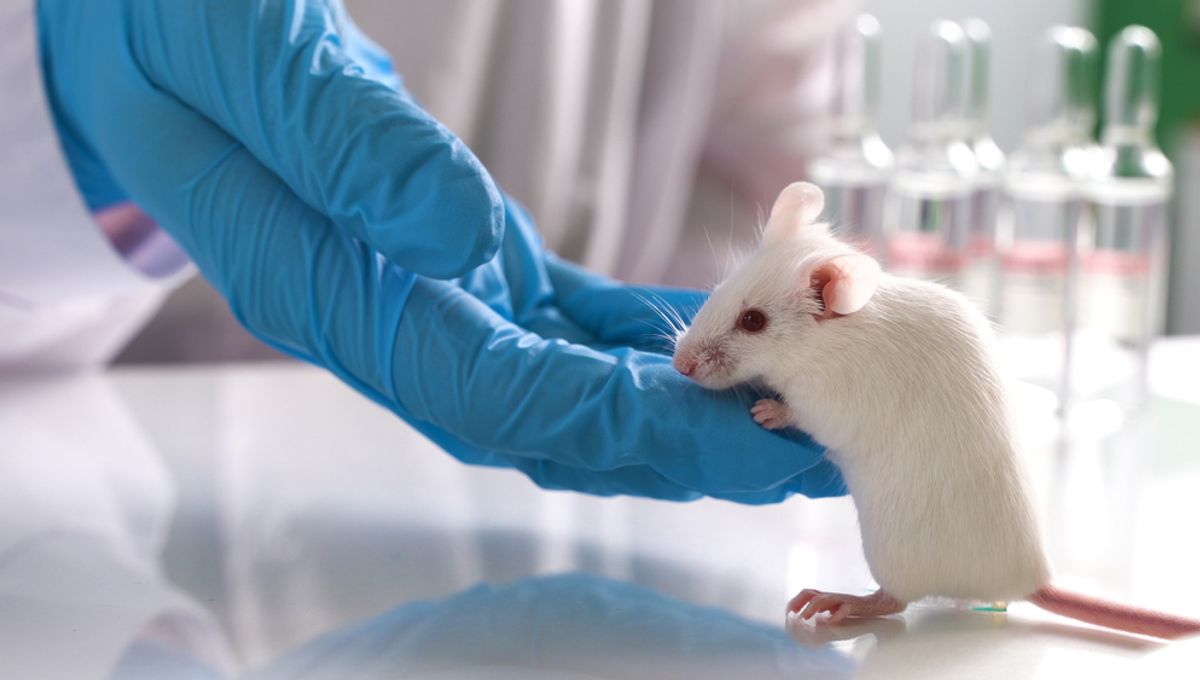
Drugs in development are no longer required to undergo animal testing before receiving US Food and Drug Administration (FDA) approval. According to a new law, signed by President Joe Biden at the end of last year, the mandate that all drugs be tested on animals before progressing to human trials has been waived.
“The FDA Modernization Act 2.0 will accelerate innovation and get safer, more effective drugs to market more quickly by cutting red tape that is not supported by current science,” Senator Dr Rand Paul of Kentucky, who introduced the act, said in a statement.
“[This] is a step toward ending the needless suffering and death of animal test subjects.”
It does not, however, mean that testing of new drugs on animals has been banned outright. Instead, it means that pharmaceutical companies can choose to veer away from animal testing and test drugs using other methods if they wish.
The new law amends the US Federal Food, Drug, and Cosmetic Act, which was passed in 1938 to oversee the safety of food, drugs, medical devices, and cosmetics. Prior to its revision, the FDA required a drug to be tested on one rodent species, such as a mouse or rat, and one non-rodent species, like a monkey or dog, in order to gain approval.
But these animal models are expensive and often ineffective, some argue: “Animal models are wrong more often than they are right,” Don Ingber, a Harvard University bioengineer whose lab developed organ chip technology, which is an alternative to animal testing, told ScienceInsider.
“A mouse or a rat doesn’t always handle or process medicines and chemicals in the same way humans do,” Namandjé Bumpus, chief scientist at the FDA, told Nature Index back in November. “Developing more in vitro systems that are based on human cells, human tissues and human models could, in some instances, be more predictive.”
Such alternatives include the aforementioned “organs on a chip”, which are microchips containing miniature tissues capable of mimicking an organ’s function, as well as computer modeling, and organoids – 3D clusters of cells that can replicate much of the complexity of an organ. But these methods are largely in the early stages of development, meaning it could be a long time before we see them replacing animal testing.
It is still far too early to say whether the future of drug development will be free from animal testing entirely, or even if it will involve fewer animals than it does at present. But it’s a notable step, which is cause for celebration in the eyes of some animal rights groups.
“We did it!” said PETA in response to the law being passed. “This signals a radical shift in the way drugs and treatments are developed.”
Source Link: Drugs No Longer Need To Be Tested On Animals Before Human Trials, FDA Announces